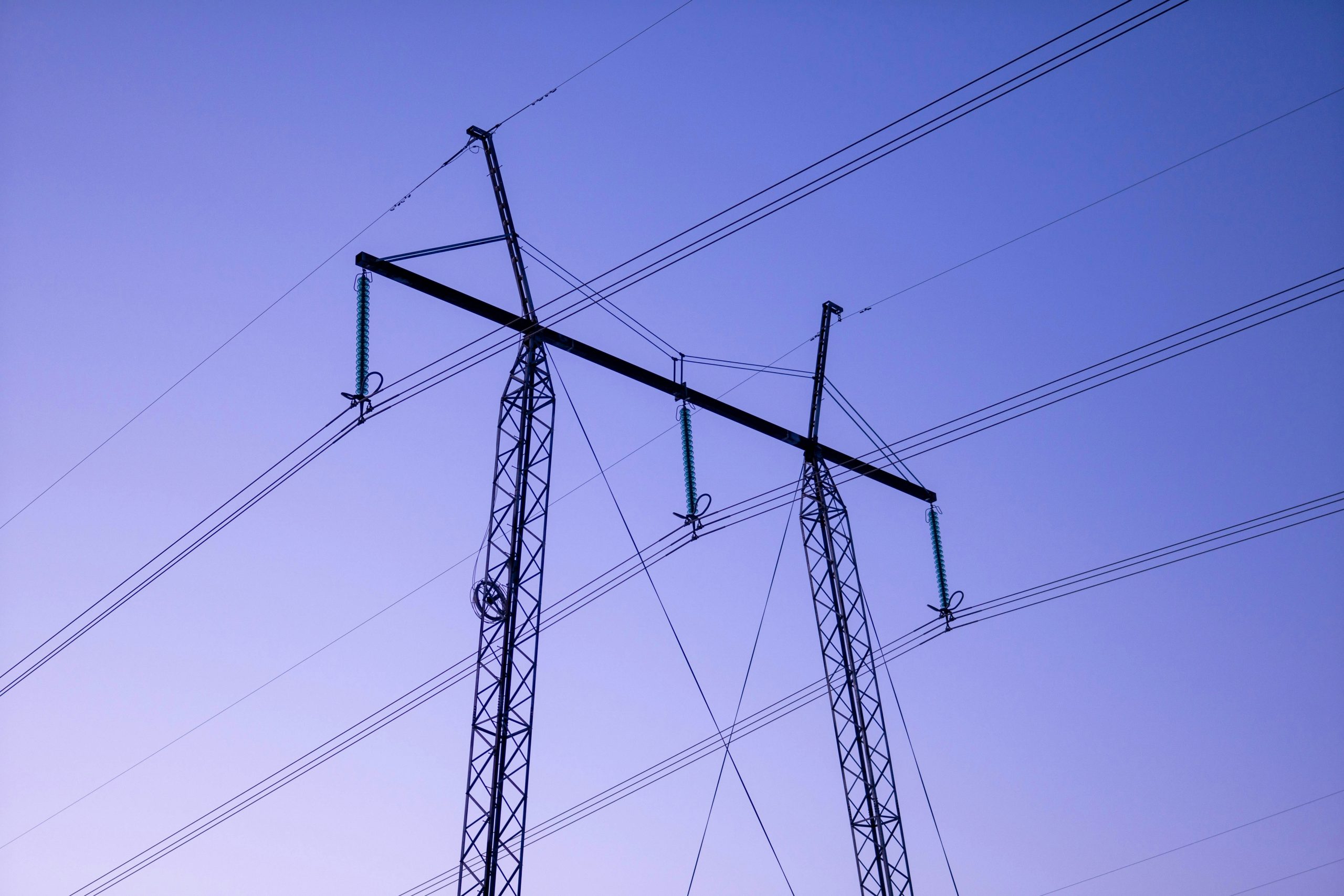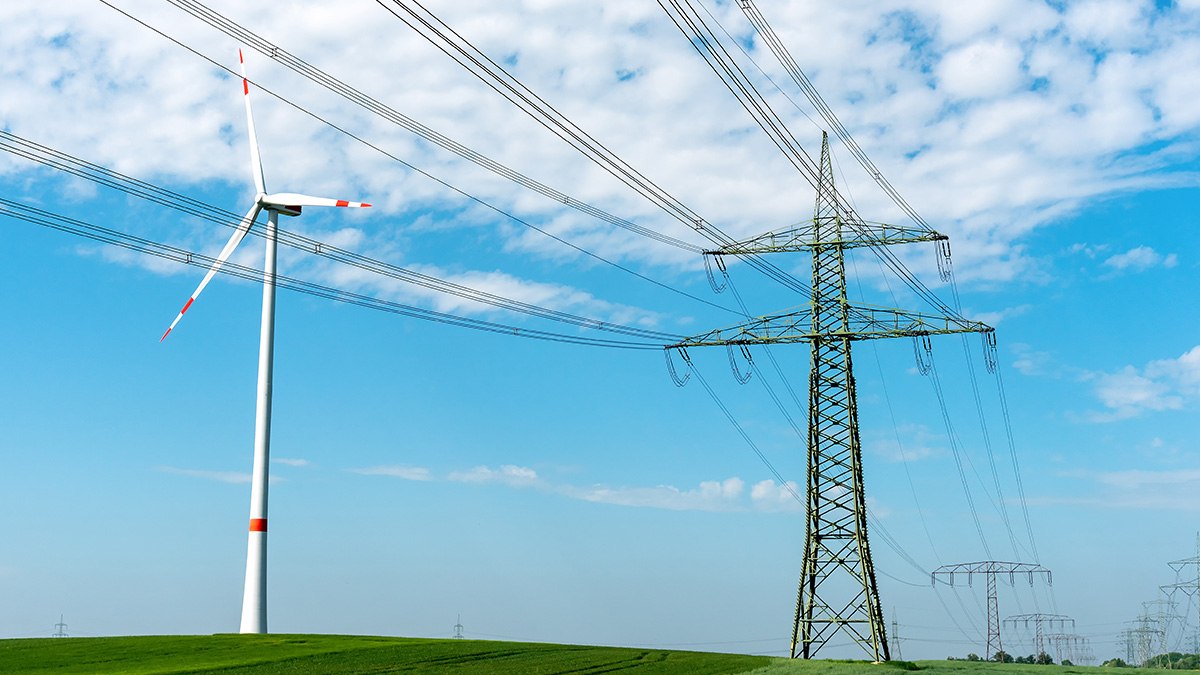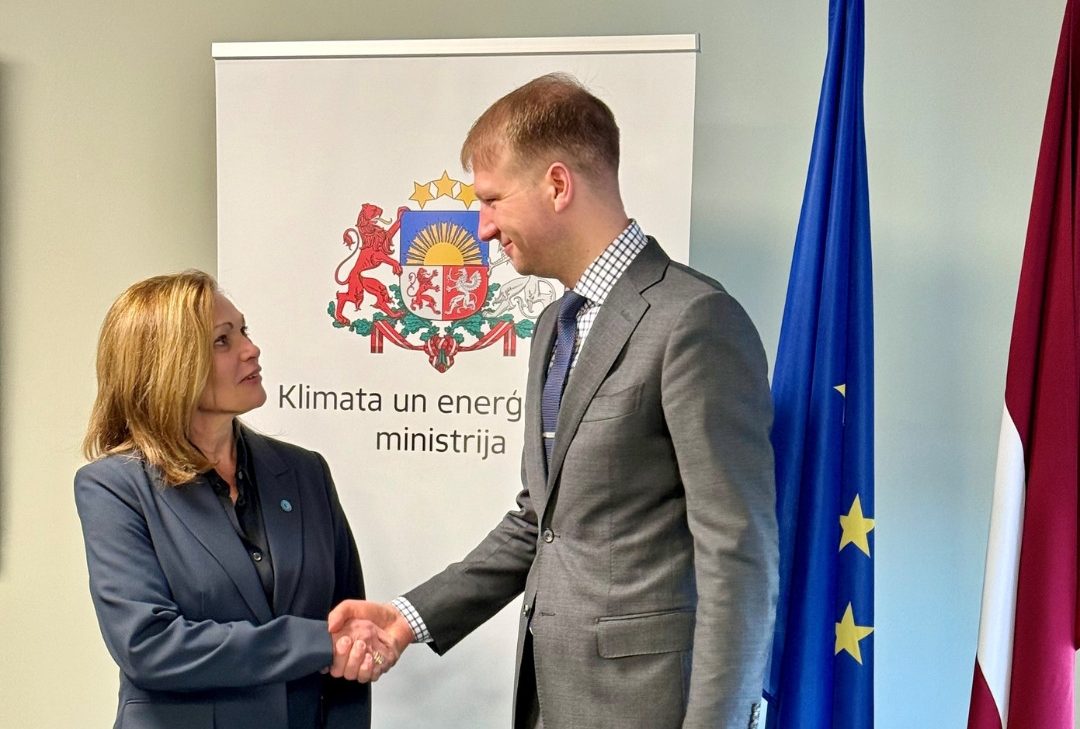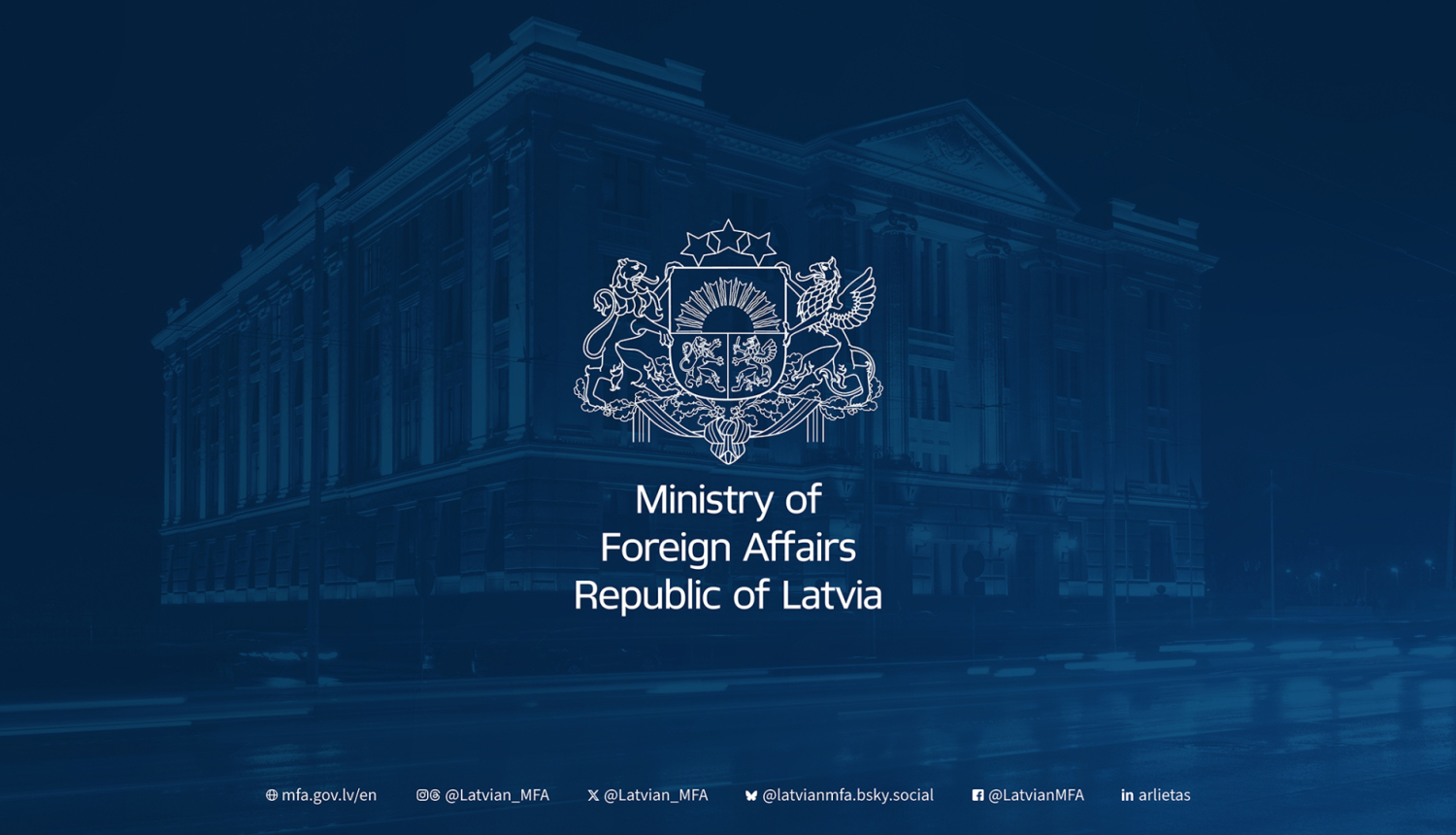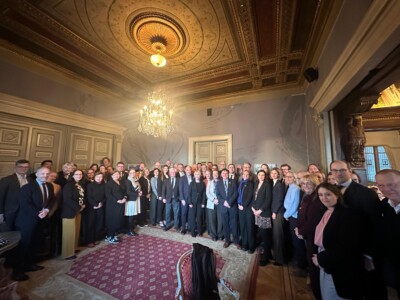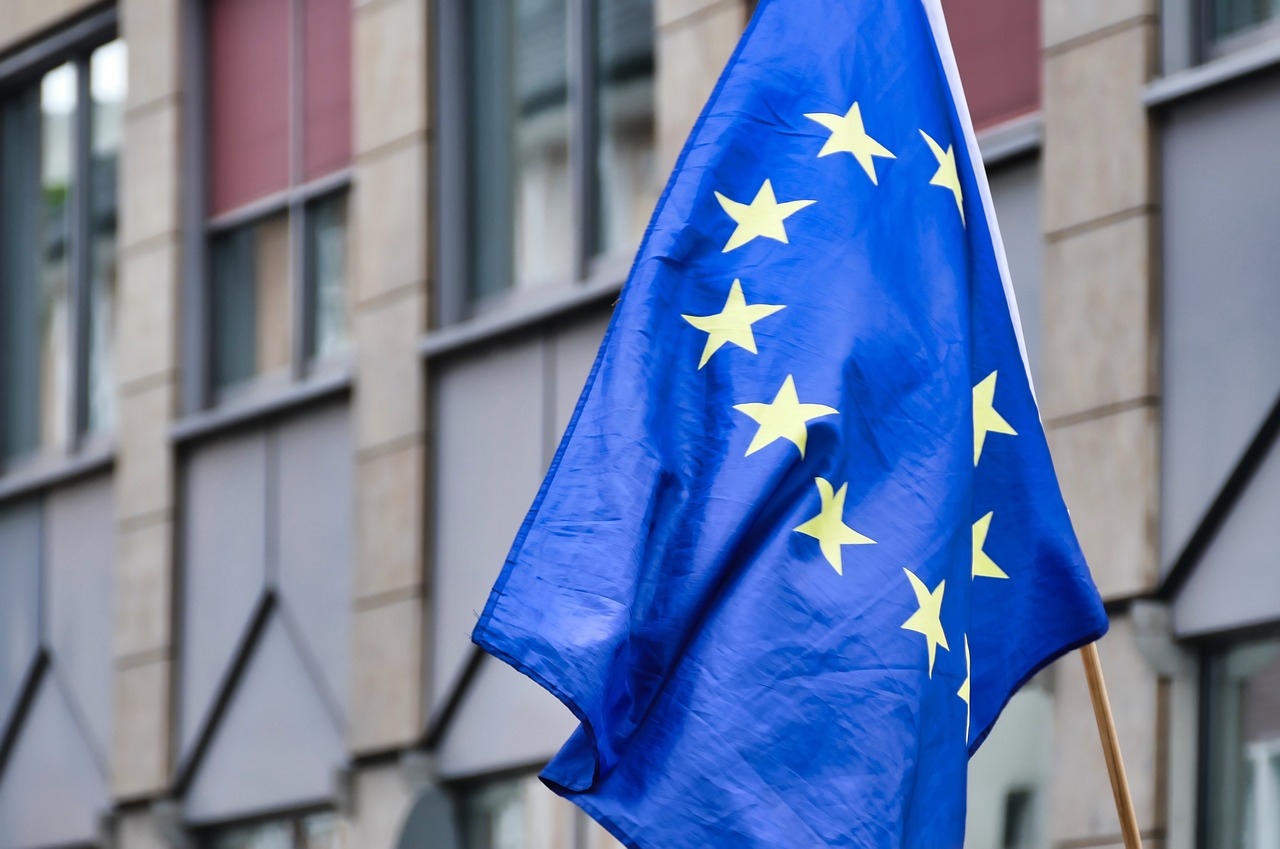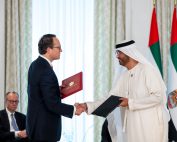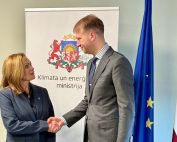Three Polish fishing vessels will support the construction of the Baltic Power offshore wind farm. They will begin work with the start of the offshore installation work scheduled for early 2025.
Baltic Power is the only offshore wind farm project in the Polish part of the Baltic that has reached the construction phase. In addition to the advanced work related to the construction of the onshore part of the infrastructure and the production of its components, final preparations for the start of construction of the offshore part are underway.
Foundations are currently being transported to the transhipment ports, the installation of which will initiate the construction process of the farm. This will be the first operation of its kind in the Polish part of the Baltic Sea. It requires a number of preparations, including the setting up of the so-called Marine Coordination Centre, the securing of vessels transporting technicians and surveillance vessels, which will play a guarding role taking care, among other things, of traffic safety around the offshore construction site. This task was entrusted by Baltic Power to a Polish contractor, who engaged Polish vessels and crews for the work.
As part of the contract with MEWO, three Guard Vessels sailing under Polish flags, with crews of two to five persons, will operate in the area of the farm throughout the installation works. These are fishing vessels specially prepared for work in the offshore wind sector. The crews will be tasked with supervising and communicating with other vessels passing in the vicinity of the installation work, including fishing vessels, tourist and commercial vessels.
-We are in the final straight to start the offshore installation works at the Baltic Power farm site. We are pleased that the surveillance activities around the construction area will be carried out by crews associated with the fishing industry. These are people who know these waters very well; their experience on site is very valuable to us. This is important not only for safety reasons, because thanks to the cooperation with the fishing crews we are directly involving members of the local community in the construction of Baltic Power – says Jarosław Broda, Member of the Board of Baltic Power.
This is the umpteenth time Baltic Power has involved Polish fishermen in the project. Their vessels were used during the environmental research phase. Two fishing boats, four fishing boats and their crews worked for a total of 420 days. They were used by teams of ichthyofauna, seabird and migratory bird researchers.
The company has also recently secured other important contracts. These include a contract for Crew Transport Vessels to service the construction of the Baltic Power farm. Their operator Farra Marine is deploying two vessels to the construction site to transport crews from the service base in Leba. A 130 km2 seabed preparation operation is also underway to prepare the seabed for installation work and boulder clearance. At the end of 2024, preparations for the start of the actual offshore works will take off. At that time, the Polish company Elecom of Gdynia will install buoys and buoys separating the Baltic Power construction area from marine traffic.
From then on, surveillance vessels will also start work. Their work will be coordinated by the Baltic Power Marine Coordination Centre in Łeba (operating from a temporary location until the service base is operational). The centre will be responsible for monitoring all maritime traffic operations in the area of the offshore wind farm, i.e. vessel tracking, personnel transfers, construction equipment movements and transport of wind farm components.
The Baltic Power offshore wind farm – a joint venture between ORLEN Group and Northland Power – is the most advanced offshore wind project in Poland and the only one in the construction phase. Construction of its onshore infrastructure has been underway since 2023, and at the beginning of 2025, the company will begin installation work at sea. Baltic Power is expected to cover as much as 3% of the country’s energy needs, while reducingCO2 emissions by around 2.8 million tonnes per year.
Source: Baltic Power
